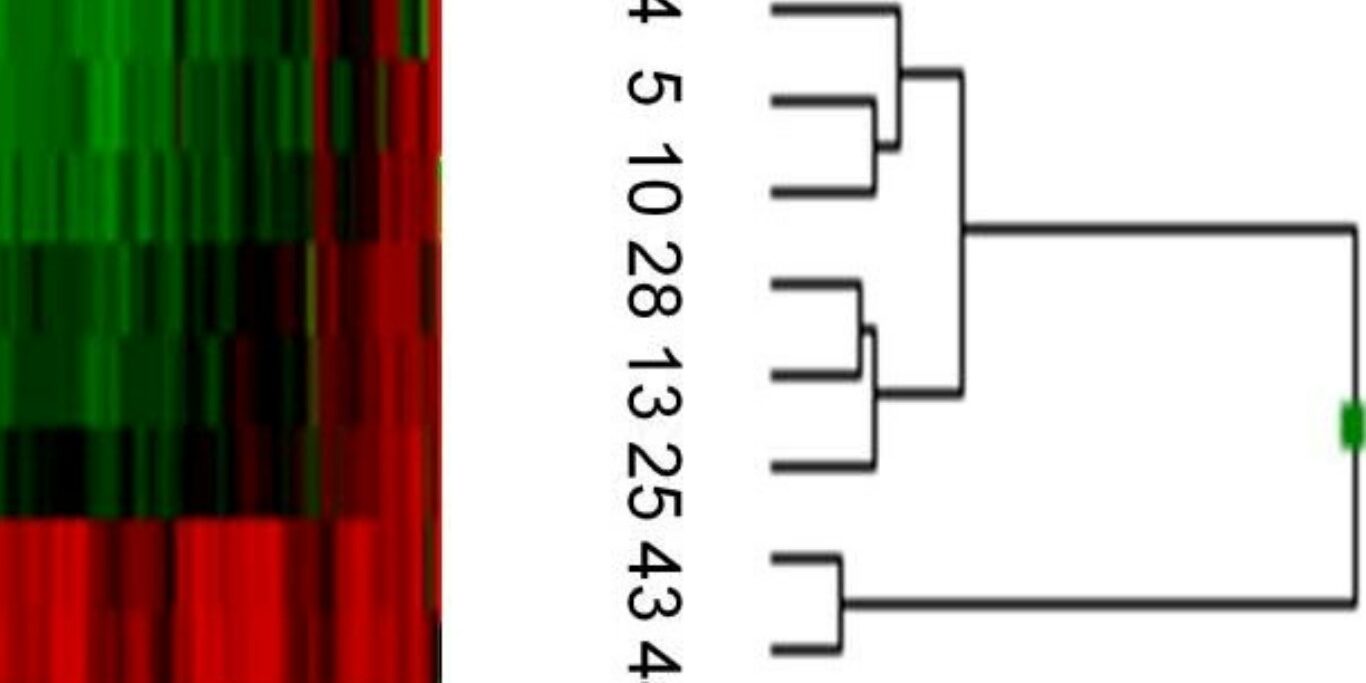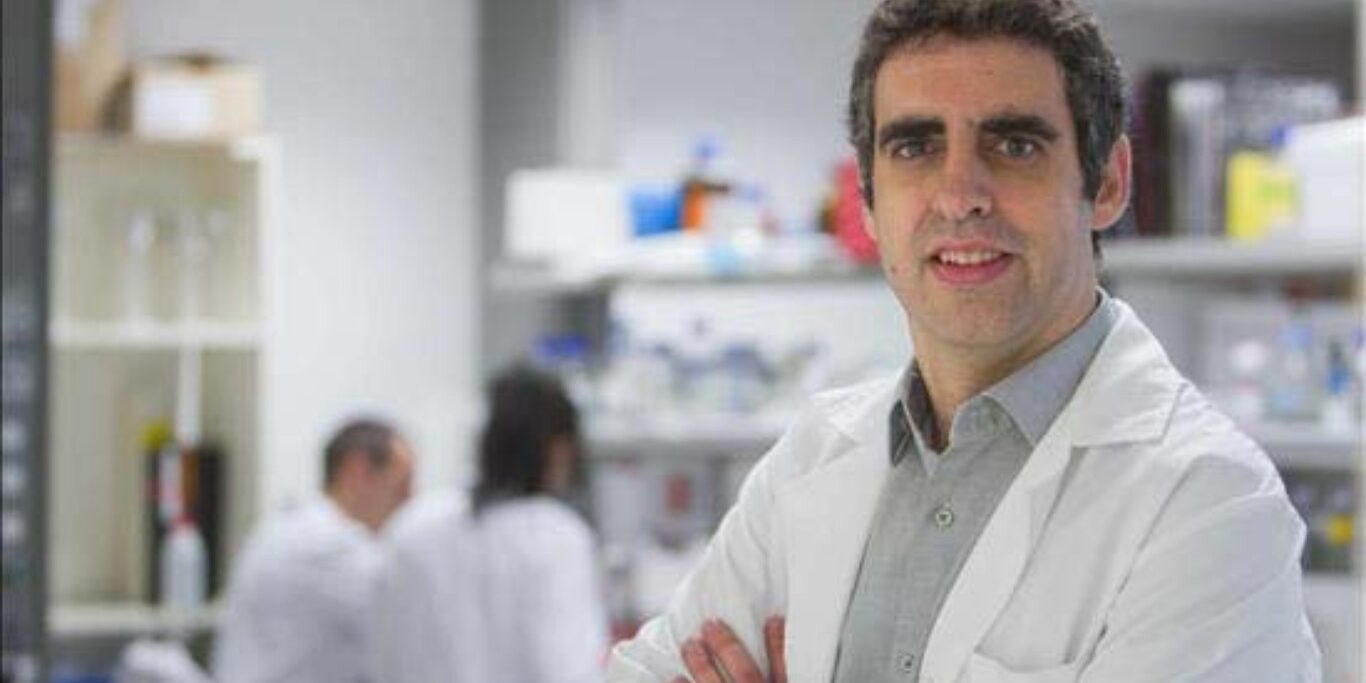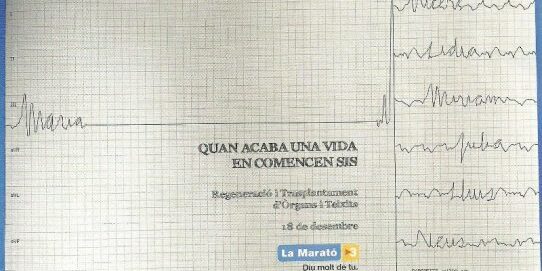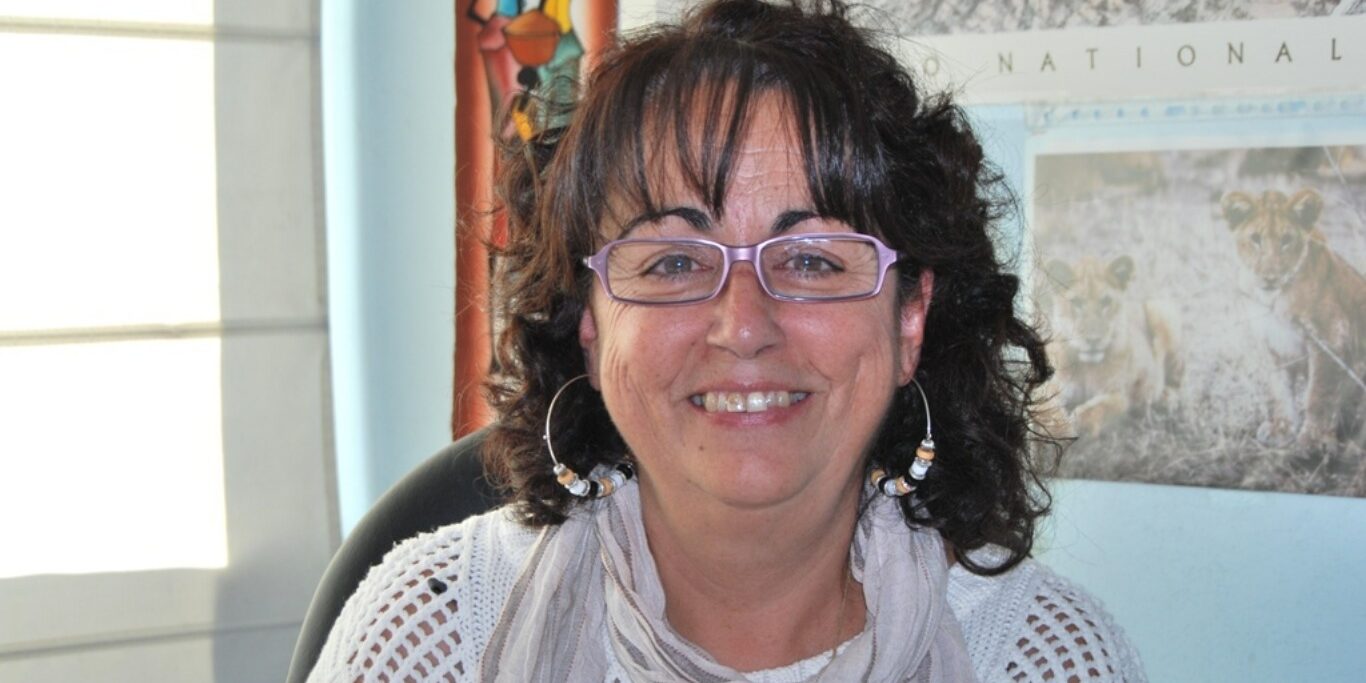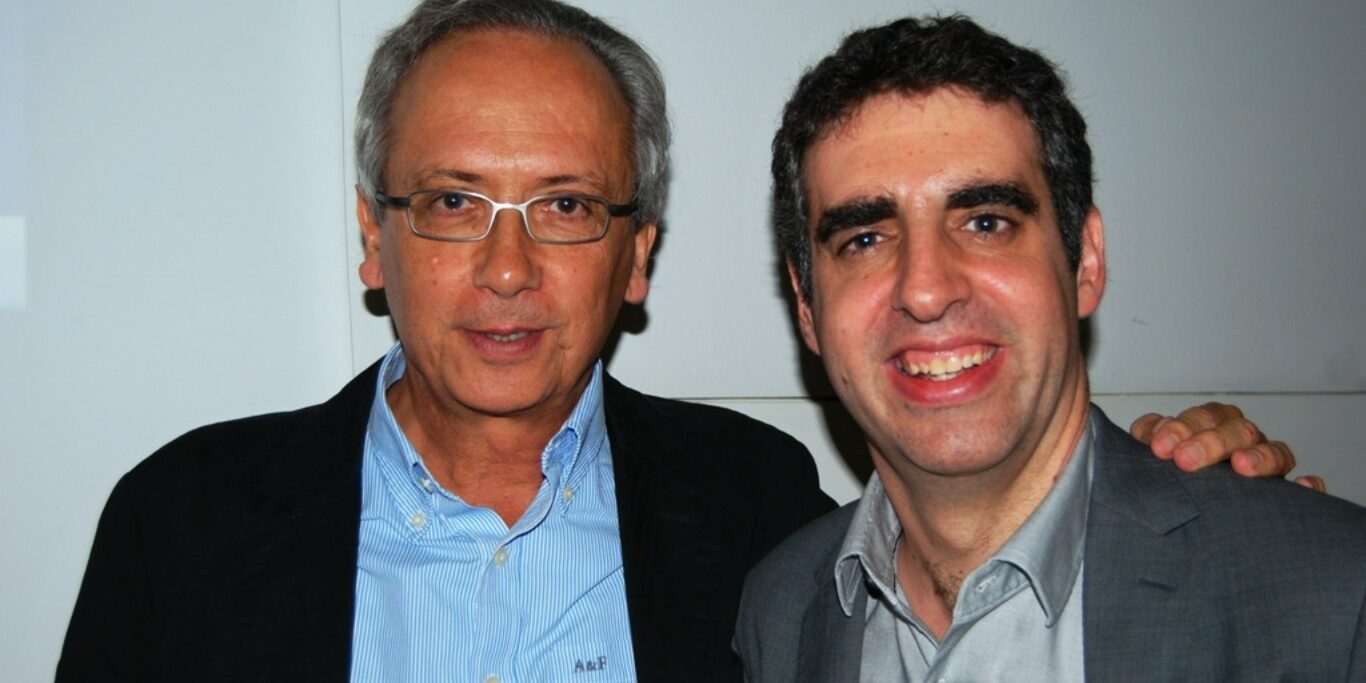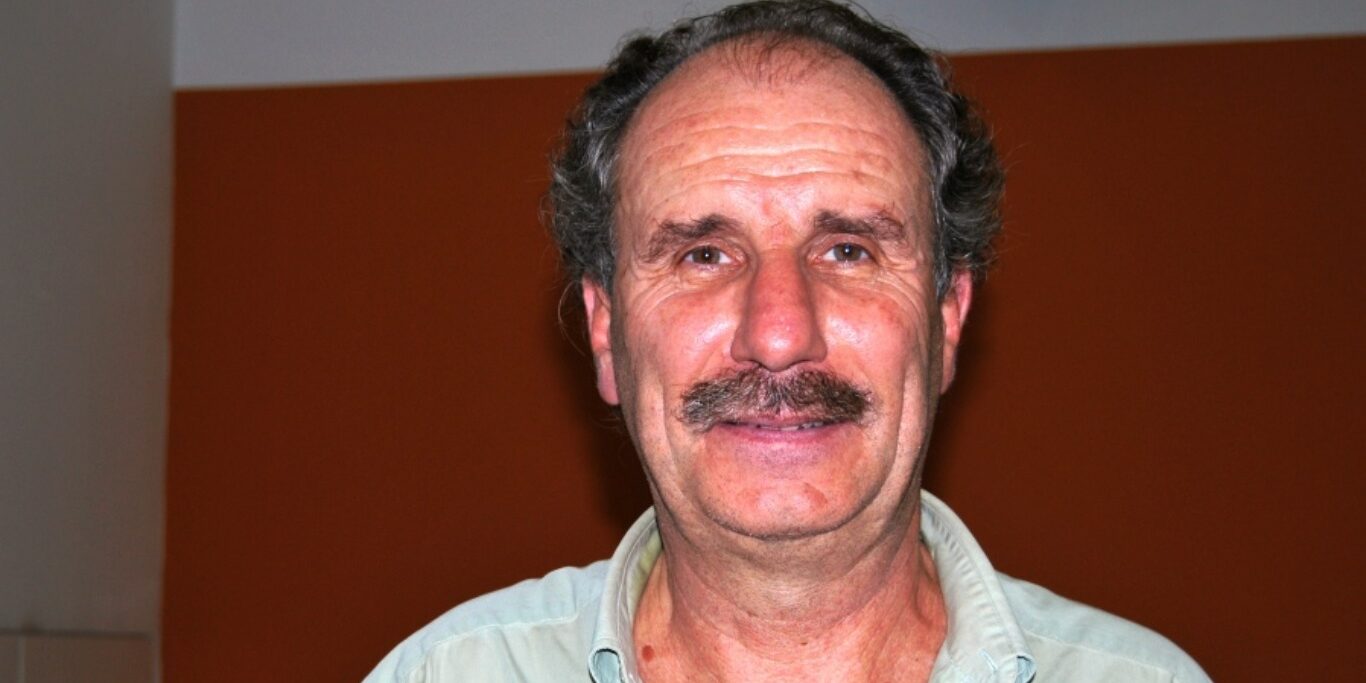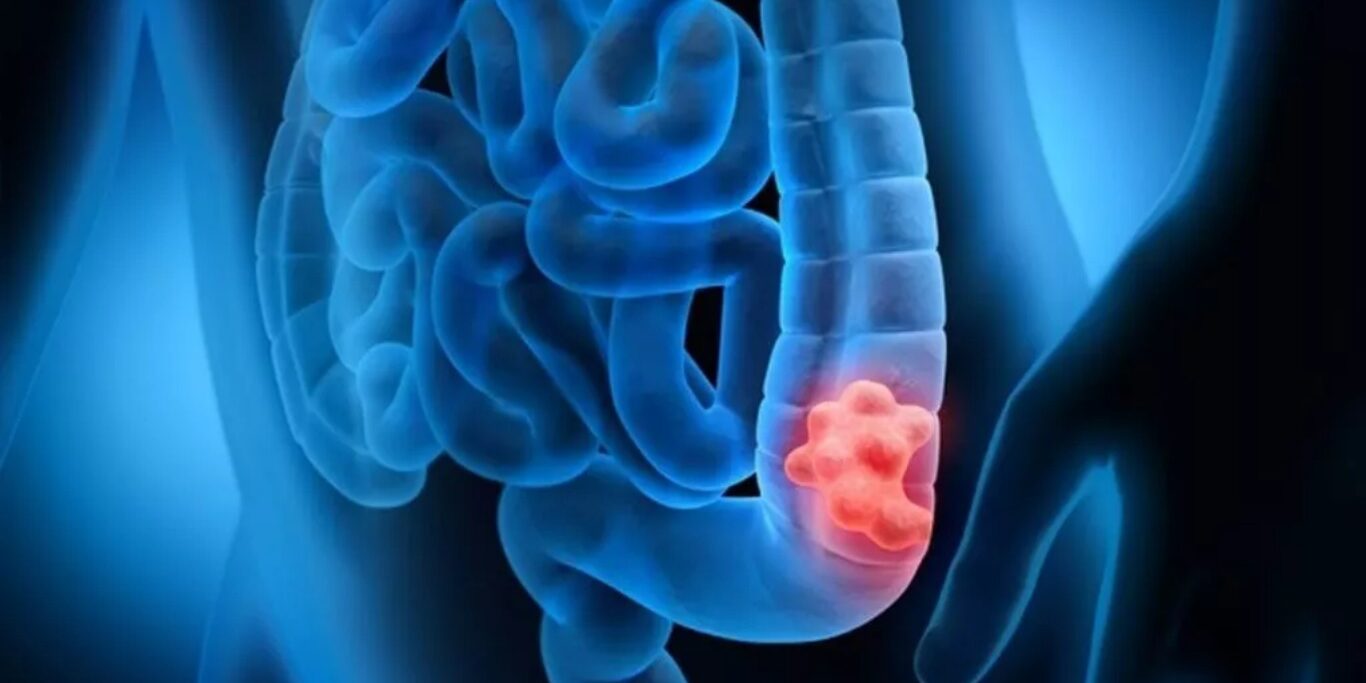News
Discovered epigenetic changes in sperm related to male infertility
Sperm are highly specialized cells of the body responsible for carrying the genetic message to the progeny to join the female egg. This should be a highly regulated process to achieve the evolving and maintaining a healthy embryo expression patterns characteristic of our species. Germ cells of man must have a highly specific epigenome to […]
Manel Esteller, Boehringer Ingelheim Award finalist in Medical Journalism
The selection board of Boehringer Ingelheim Award in Medical Journalism has announced ten finalists. On Thursday November 22th the jury will announce the two winners, one per category, audiovisual and print media. Among the 325 papers presented, the selection board has chosen as a finalist in the category of print article “Del descubrimiento al sufrimiento” […]
IDIBELL researchers lead Spanish database of rare diabetes syndromes
Spanish researchers have launched a national database to collect information on rare diabetic syndromes that are a group of rare inherited diseases whose common link is the body’s intolerance to glucose. Registration is focused on three rare diseases: Wolfram, Bardt-Biedl and Alström syndromes. The initiative, named REWBA (Spanish Registry of Wolfram, Alström and Bardet-Biedl Syndromes), […]
Inhibition of enzyme NOX4 prevents liver fibrosis
Researchers at the Bellvitge Biomedical Research Institute (IDIBELL) have led a study published in PLoS One showing that the inhibition of a family member of NADPH oxidase enzyme, NOX4, plays an important role in liver fibrosis. The researchers studied the function of a cytokine called transforming growth factor-beta (TGF-beta) in the pathophysiology of the liver, […]
Bonaventura Clotet: “we are working in a therapeutical vaccine to block cell to cell HIV spreading”
The last IDIBELL Seminar, on 28th October, the Small Hall at the Hospital Universitari de Bellvitge, hosted the seminar “Update about HIV eradication” by Bonaventura Clotet PhD, Institute for AIDS Research (IrsiCaixa) Director, and talked about the different strategies to cure HIV. The problem of VIH spreading and treatment is that, more and more, there […]
The Bellvitge University Hospital, involved in the awareness campaign on the prevention of stroke
On October 29th, on the occasion of the World Stroke Day, a simultanious campaign took place in 31 Spanish hospitals
Francisco Guarner: ”We need bacteria to maintain a good immune system”
The first organisms those were able to obtain energy through inorganic matter and sunlight appered on Earth more than 3,500 million years ago. These were the cyanobacteria. Currently, there are still cyanobacteria that perform a similar function. The 20% of the total CO2 is fixed by cyanobacteria, being able to transform inorganic matter to organic. […]
A simple test can prevent colon cancer hereditary
Hereditary colon cancer is a disease that can be prevented successfully with proper monitoring. Lynch syndrome or colon hereditary nonpolyposis colorectal cancernis the most common inherited form, between 1% and 3% of all cases. A simple test within the tumor in all patients with colorectal cancer is better than any clinical recommendation to identify cases […]

